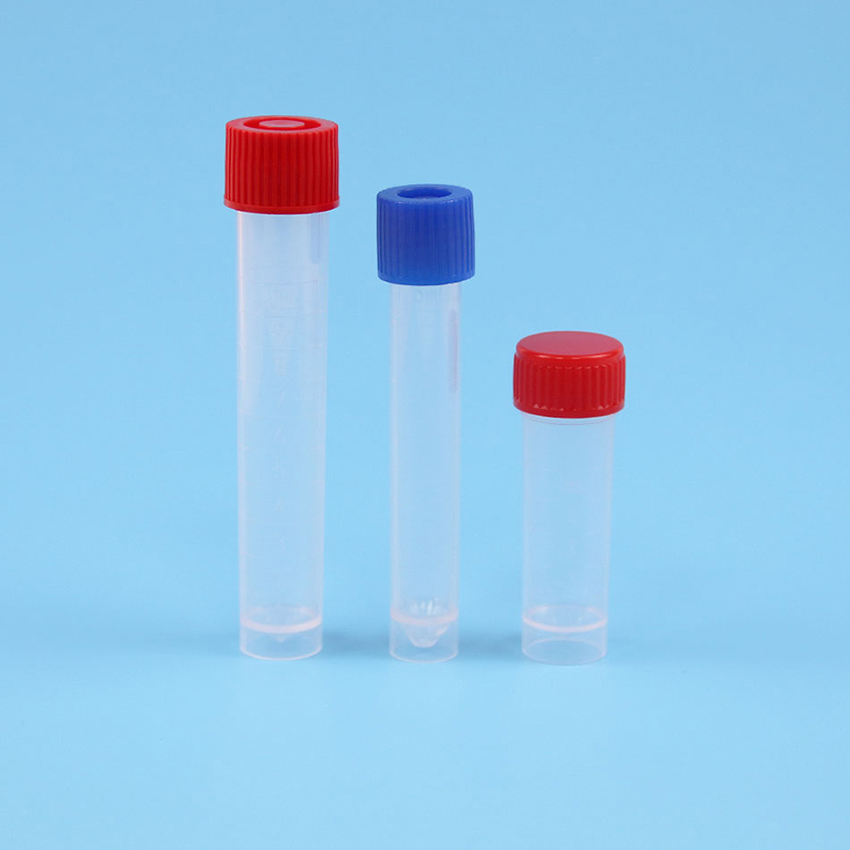Low temperature helps reduce feed nutrient loss
Lysine is an expensive amino acid that is widely used in pig feed, but it is lost in large amounts due to improper granulation and storage processes.
High quality piglet feeds are generally rich in protein, lactose, and sometimes rich in sucrose and glucose. Lysine from proteins or added crystals and reducing sugars (as described above) can bind under appropriate moist heat conditions to form indigestible ingredients. Therefore, most piglets feed with higher doses of lysine to compensate for the expected losses due to granulation and storage.
Weakening the "Maillard reaction"
In general, a "Maillard reaction" occurs when an amino acid is heated and reacts under a certain humidity. This involves the binding of free amino groups (such as those crystalline amino acids, unlike other amino acids, lysine has 2 such groups) to reducing sugars (such as those derived from lactose and sucrose/dextrose). This "browning" reaction can even occur at room temperature, but the reaction is slow. However, when the browning reaction is too much (for example, in the case of improper granulation) or is not properly controlled (for prolonged storage in a high temperature and humidity environment), the protein quality will certainly be reduced.
If the storage of heat-sensitive material is too long, it will be affected by this problem, triggering the second round of "Maillard reaction." This problem is very important in the management of nursery materials because the conditions in commercial care facilities are very favorable to the Maillard reaction. The residual feed moisture also affects the Maillard reaction during storage. For example, milk powder with 10% moisture content stored for 10 weeks in the summer will lose 20% of lysine bioavailability. Or, in another study, when piglets were kept in a typical nursery for only 7 days, 10% of the total lysine in the feed was destroyed.
In addition, the adverse effects of the Maillard reaction have been demonstrated in many feed ingredients such as soybean meal, fish meal, whey powder, rapeseed meal and peanut meal. Although crystalline lysine is the most sensitive amino acid, the same problems (lower levels) remain in the remaining crystalline amino acids in the feed for piglets. Therefore, under the conditions of high temperature and humidity, the quality of many raw materials will be affected.
Fresh suckling pig feed
At the farm level, the production of suckling pig feed is the most secure and safest way to ensure that the feed is used before its quality deteriorates. Home mixers also ensure the possibility of small-batch feed production, which can replace one-time feed purchases.
For farms that cannot prepare piglet feed on site, purchasing feed from reputable feed companies is an effective way to ensure that fresh feed is obtained. In spite of this, it is necessary to conduct periodic laboratory tests to test “reactive lysineâ€, one of which is to check the extent of damage caused by the Maillard reaction. A simple method is to avoid pelleted feeds and select rougher feeds that have not been subjected to any heat treatment. In this way, the Maillard reaction in a cycle can be completely avoided.
Therefore, once the piglet's feed reaches the farm, all bags should be stored in a low-temperature dry area to maintain its nutrition and flavor.
The cryovial is made of medical polypropylene (PP) and is a disposable laboratory consumable specially used for storing biological samples. In the gaseous state of liquid nitrogen, it can withstand low temperature to
minus 187°C. The unique external rotation design avoids the possibility of cross-contamination. Silicone gasket inside the cap to avoid liquid leakage and ensure tightness even at cryogenic storage temperatures
The sealing property finally ensures the safety of the samples in the tube. Caps come with a variety of embeddable color codes for easy identification.

Cryopreservation Tube,Virus Transfer Culture Cryotube,Laboratory Bacteria Cryotube,Bacteria Storage Plastic Test Tube
Jiangsu HXRT MD Co.,Ltd , https://www.jshxrtmed.com